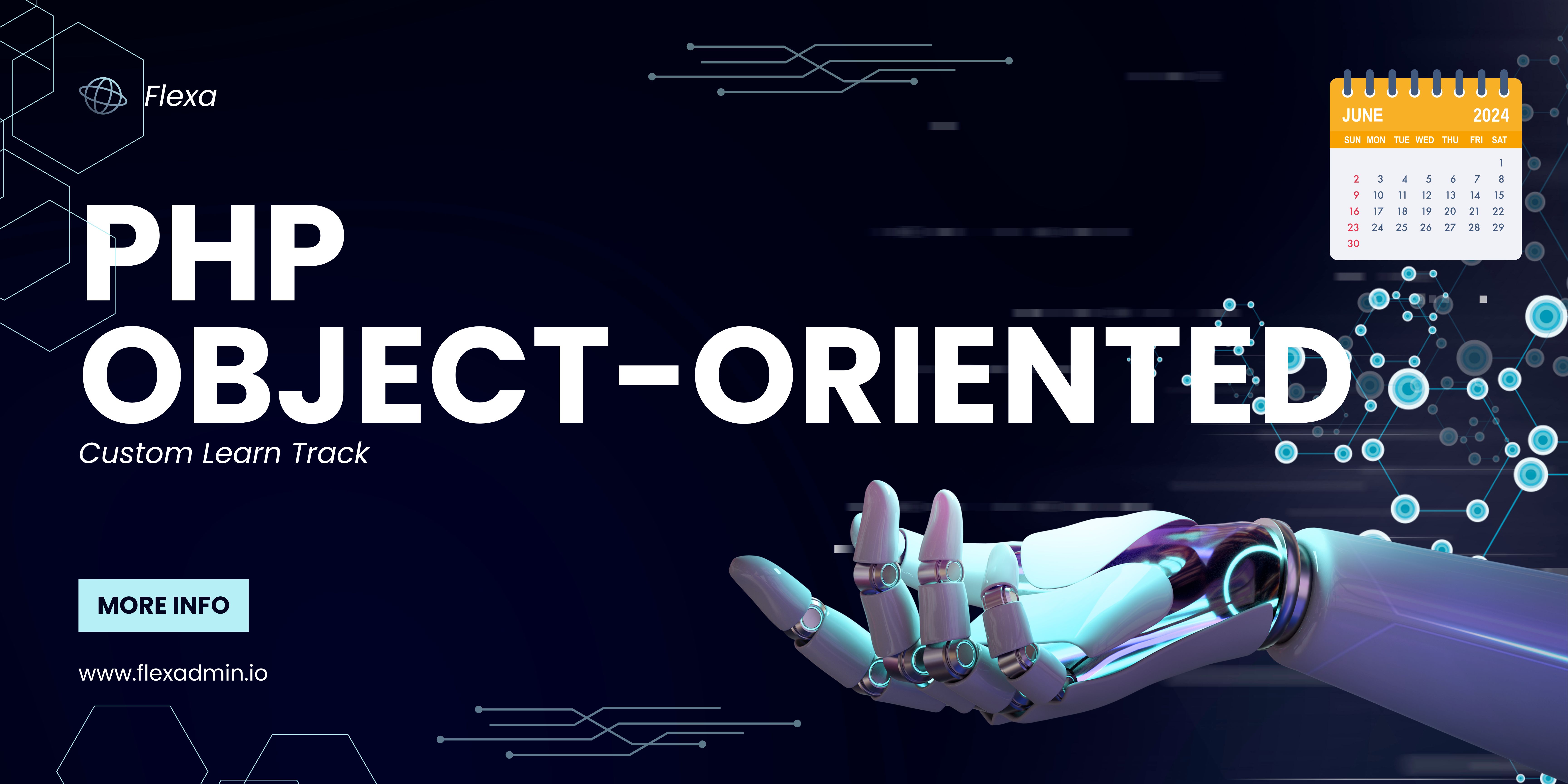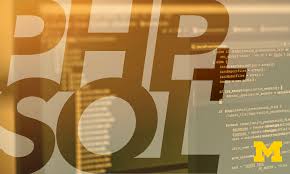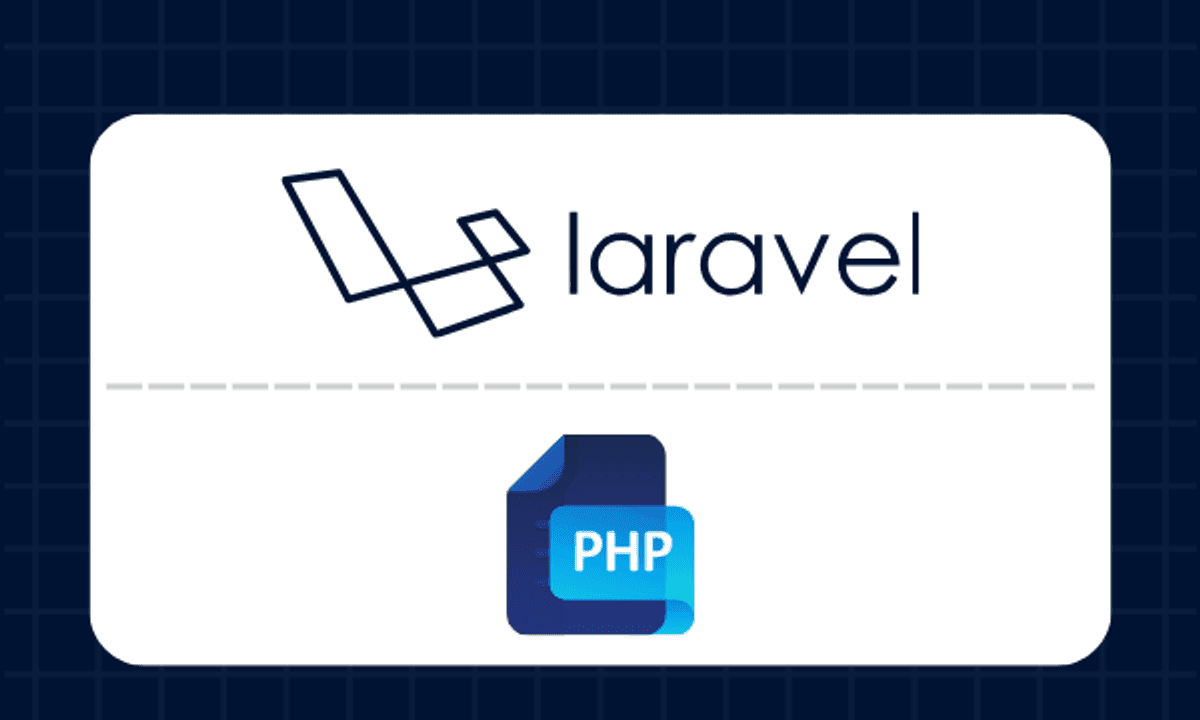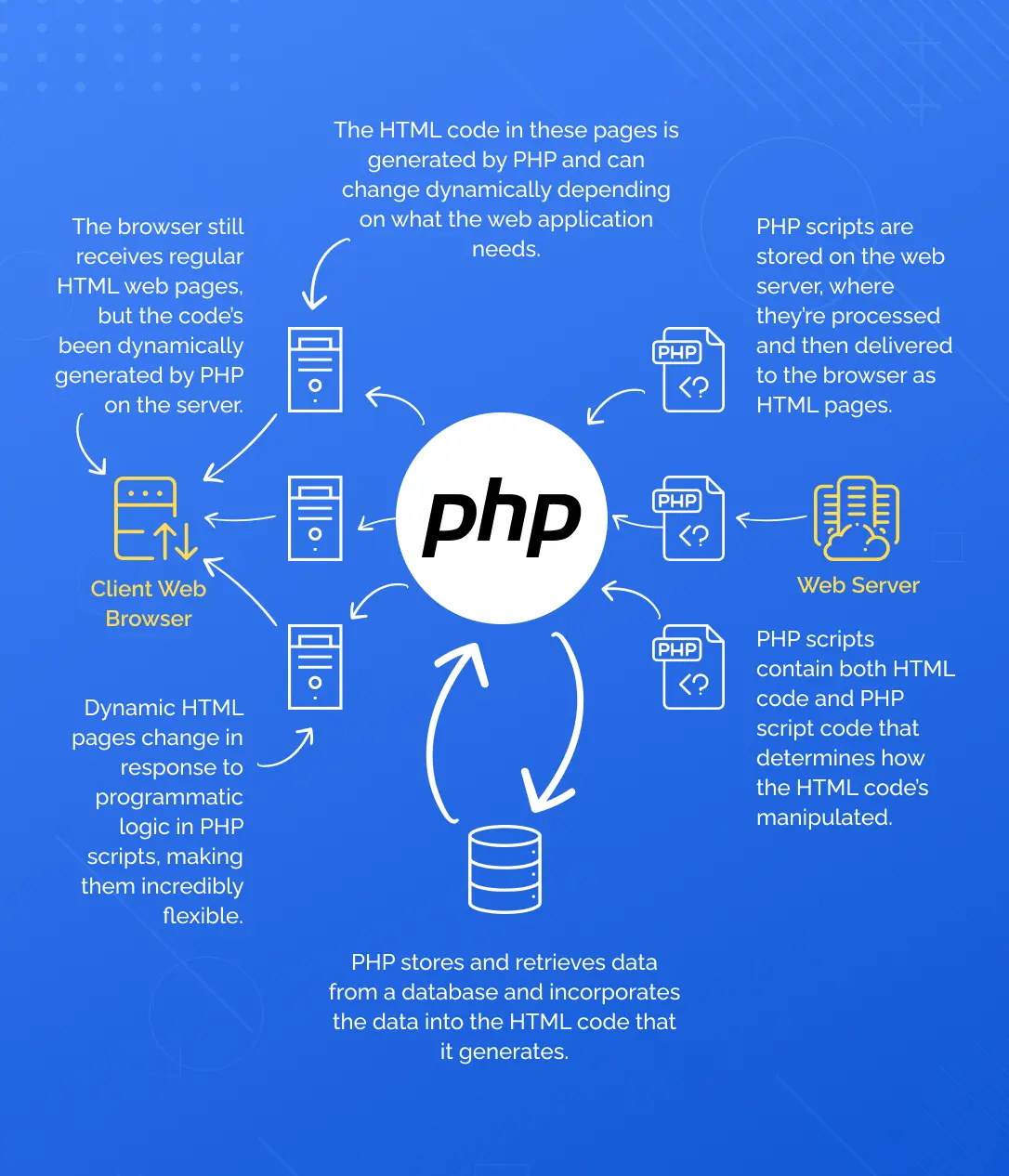Course Overview:
“Learn Object-Oriented Programming with PHP” is a comprehensive course designed to introduce students to the concepts and principles of object-oriented programming (OOP) using PHP. This course covers the fundamentals of OOP and provides hands-on experience in building scalable, maintainable, and efficient web applications. By leveraging the power of OOP, students will learn to write cleaner and more modular code.
Course Objectives:
By the end of this course, students will be able to:
- Understand the core concepts of object-oriented programming.
- Implement OOP principles in PHP to create modular and reusable code.
- Design and develop PHP applications using classes, objects, and interfaces.
- Apply advanced OOP techniques such as inheritance, polymorphism, and encapsulation.
- Use design patterns to solve common software development problems.
- Develop real-world applications using OOP best practices.
Course Outline:
Module 1: Introduction to Object-Oriented Programming
- What is OOP?
- Benefits of using OOP
- Comparison between procedural and object-oriented programming
- Overview of PHP and its OOP capabilities
Module 2: Classes and Objects
- Defining classes and objects in PHP
- Properties and methods
- Constructors and destructors
- Creating and using objects
- Understanding the
$thiskeyword
Module 3: Inheritance and Polymorphism
- Understanding inheritance and extending classes
- Overriding methods
- The
parentkeyword - Abstract classes and methods
- Interfaces and implementing multiple interfaces
- Polymorphism in PHP
Module 4: Encapsulation and Access Control
- The concept of encapsulation
- Visibility: public, private, and protected
- Getters and setters
- The importance of data hiding
- Magic methods (__get, __set, __call)
Module 5: Working with Objects
- Object cloning and the
__clonemethod - Comparing objects
- Type hinting and object type checks
- Namespaces and autoloading classes
- Handling exceptions with try-catch blocks
Module 6: Design Patterns
- Introduction to design patterns
- Singleton pattern
- Factory pattern
- Observer pattern
- Strategy pattern
- MVC (Model-View-Controller) architecture
Module 7: Advanced OOP Concepts
- Static properties and methods
- Late static bindings
- Traits and code reuse
- Dependency injection
- Using reflection in PHP
Module 8: Real-World Application Development
- Planning and designing an OOP-based application
- Implementing core features using OOP principles
- Integrating with databases using PDO
- Building a simple MVC framework
- Testing and debugging OOP applications
Module 9: Best Practices and Code Optimization
- Writing clean and maintainable code
- Following SOLID principles
- Code refactoring techniques
- Performance optimization for OOP applications
- Using version control systems (Git) for collaboration
Module 10: Final Project
- Developing a complete PHP application using OOP
- Applying design patterns and best practices
- Testing and validating the application
- Documenting the project
- Presenting the final project
Course Materials:
- Recommended Textbooks:
- “PHP Objects, Patterns, and Practice” by M. Zandstra
- “Object-Oriented PHP: Concepts, Techniques, and Code” by P. Coates
- Online Resources:
- PHP official documentation (php.net)
- Laracasts OOP PHP series
- Stack Overflow and PHP forums for community support
Assessment and Certification:
- Quizzes and assignments after each module
- Mid-term project focusing on OOP concepts
- Final project showcasing a complete OOP-based application
- Certificates awarded upon successful completion of the course
Prerequisites:
- Basic understanding of PHP
- Familiarity with basic programming concepts (variables, control structures)
- Basic knowledge of HTML and CSS (recommended)
Who Should Attend:
- PHP developers looking to deepen their understanding of OOP
- Programmers seeking to write more efficient and maintainable code
- Students and professionals interested in advanced PHP programming techniques
- Anyone looking to enhance their web development skills using OOP principles



